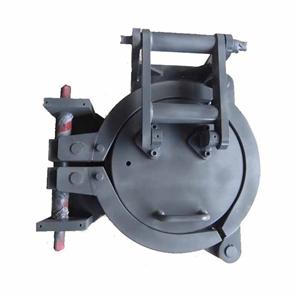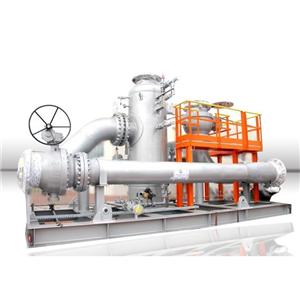- Home
- >
- News
- >
- Related news
- >
- Global LNG supply will continue to rise this year
Global LNG supply will continue to rise this year
Although China's (LNG) demand for liquefied natural gas has continued to grow and European LNG imports have been rising, the global LNG market has remained in oversupply in the past few months. Industry insiders expect that global LNG supply will continue to rise in the next two years, and Asian LNG demand will slow (mainly due to lower demand from Japan and South Korea). At that time, European imports of LNG will need to continue to increase in order to balance the market.
On the supply side, compared with the first quarter of this year, the supply of LNG in the second and third quarters is more stable, and the impact of new projects on the market will mainly appear in the fourth quarter. Supply is expected to increase by 21 million tons in the second and third quarters of this year compared with the same period last year, and 38 million tons in the whole year. With the commissioning of the US LNG project, the global LNG supply is expected to reach 395 million tons (an increase of 8 per cent) by 2020.
On the demand side, Asian LNG demand will remain depressed in 2019. Rising coal and renewable energy generation in Japan and the launch of three nuclear facilities in South Korea have led to weak demand from two major importers. Since the fourth quarter of 2018, LNG imports in Europe have grown rapidly, a trend that will continue in 2019 and 2020; the decline in local natural gas production will create some space for imported LNG. Whether Europe can digest these LNG, depends on whether its coal to gas will accelerate.
In the second and third quarters of 2019, the price gap between Asia and Europe will narrow, with demand largely supported by India.Buyers began stocking up for the winter in the third quarter, raising the premium to attract US LNG to Asia. In the fourth quarter of 2019, as a result of the influx of LNG from the United States, Asian buyers no longer had to transfer LNG from Europe. Typically, when Asian markets tighten and need to import LNG from the Atlantic basin, there is a need to increase the spread between the Asian market and the European market to attract sellers. In the second and third quarters of 2020, the Asian market does not need to import too much into the Atlantic Basin. LNG, expects the LNG premium in Asia and Europe to be capped at $2.50 per million British thermal units.




